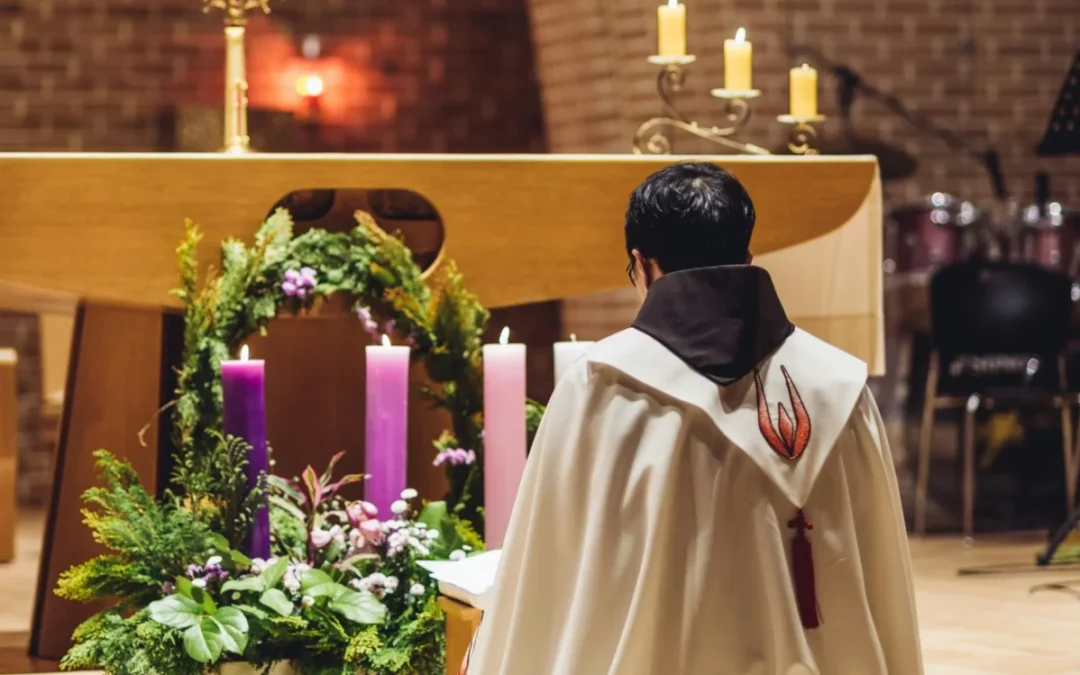Have you ever heard of “The Looking Glass Self”? It is a popular concept in the worlds of sociology and psychology and has been around for quite some time. The belief is that we understand ourselves through what we think others think of us.
When applied, we could say that if I see genuine pleasure in the eyes of friends and family when I come into their presence, I will believe that I am a joy to be around and that I am loved. In the same way, if I see annoyance in the eyes of others when I am present, I will come to think of myself as annoying, unpleasant, and unloved.
I often hear people say that we should not care about what others think about us. I agree, to some extent, but I also believe that we are beings that exist in communities for good reason and that God made us for relationships. It is good to have others around us to love us, affirm us, and, at times, correct us. I care deeply about what my closest friends and family think about me because they are helping me be a better person and they genuinely love me. What the person thinks of me who had road rage and yelled some unpleasant things at me the other day, not so much. There is a middle-ground in caring about what others think of us.
Now the issue with believing what others think about us is that humans are so flawed and our love is imperfect. It’s great to want your son to grow up happy and successful, but it’s not great to have your own rigid plan and agenda for how that will happen. For example, wanting your son to be a doctor and then being unhappy and considering him a failure when he becomes an engineer or a carpenter. Should the son care or believe what his parents think of him in this situation? No, at least not this part of it.
Discerning what to believe about ourselves is very difficult work. If we do it poorly, it will lead to some deep spiritual and mental health problems. A priest told me once that the saints became saints because they were the only ones who truly knew what they looked like in the eyes of God, which brings me to my final point.
When it comes to what we should believe about ourselves, we should learn from God most of all. We should pray for self-knowledge and wisdom to truly know what we look like in His eyes- lovable, full of potential, and beautiful, but also sinful, wounded, broken, and in need of His love and Sacraments.
How do we discover how we look in His eyes? We spend time with Him in the form of the Eucharist at Mass and Adoration. As St. John Vianney once said when asked why he sat in front of the tabernacle all day, “Nothing. I just look at him, and he looks at me.”
This reflection was originally published HERE.
Photo by Alina Scheck on Unsplash













